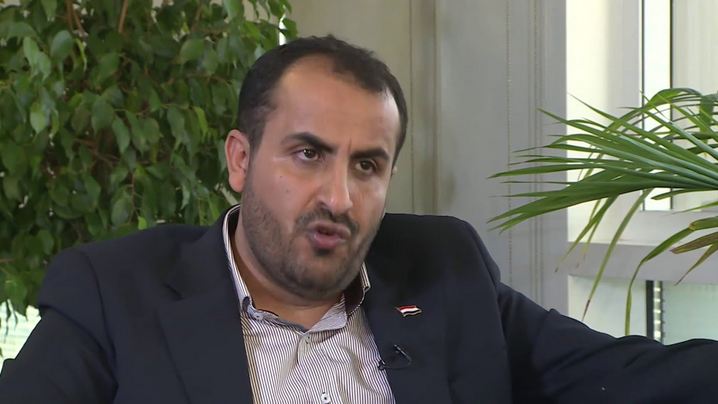Presence of Foreign Forces in Yemen Unjustifiable: Ansarullah


Spokesman for Yemen’s revolutionary Ansarullah movement Mohammad Abdulsalam, who heads a delegation in the ongoing peace talks in Sweden, said the presence of foreign forces in the Arabian Peninsula country cannot be justified.
Speaking to the Arabic-language al-Masirah TV on Tuesday night, Abdulsalam said the foreign troops’ presence in Yemen is contrary to the country’s constitution and UN Security Council resolutions.
“The presence of foreign forces in Yemen is not justified as long as our approach is political settlement (of the crisis),” he said.
Yemen’s occupied areas are now controlled by foreigners such as British, Saudi and Emirati forces, not a group that calls itself “legitimate”, he added, referring to the Yemeni exiled government which claims legitimacy.
The Ansarullah spokesman went on to say that no party could demand the presence of foreign forces in Yemen.
Abdulsalam further said that in the UN-brokered peace talks in Stockholm, Sweden, the two sides have reached some agreements on ceasefire in some areas.
The talks opened Thursday on an upbeat note, with the warring sides agreeing to a broad prisoner swap, boosting hopes that the talks would not deteriorate into further violence as in the past.
Yemen has been since March 2015 under brutal aggression by Saudi-led Coalition, in a bid to restore control to fugitive president Abd Rabbu Mansour Hadi who is Riyadh’s ally.
Tens of thousands of people have been killed and injured in the strikes launched by the coalition, with the vast majority of them are civilians.
The coalition, which includes in addition to Saudi Arabia and UAE: Bahrain, Egypt, Morocco, Jordan, Sudan and Kuwait, has been also imposing a harsh blockade against Yemenis.
Some 8.4 million Yemenis are facing starvation as a result of the Saudi-led aggression, although the United Nations has warned that will probably rise to 14 million.
Three-quarters of impoverished Yemen’s population, or 22 million people, require aid.







